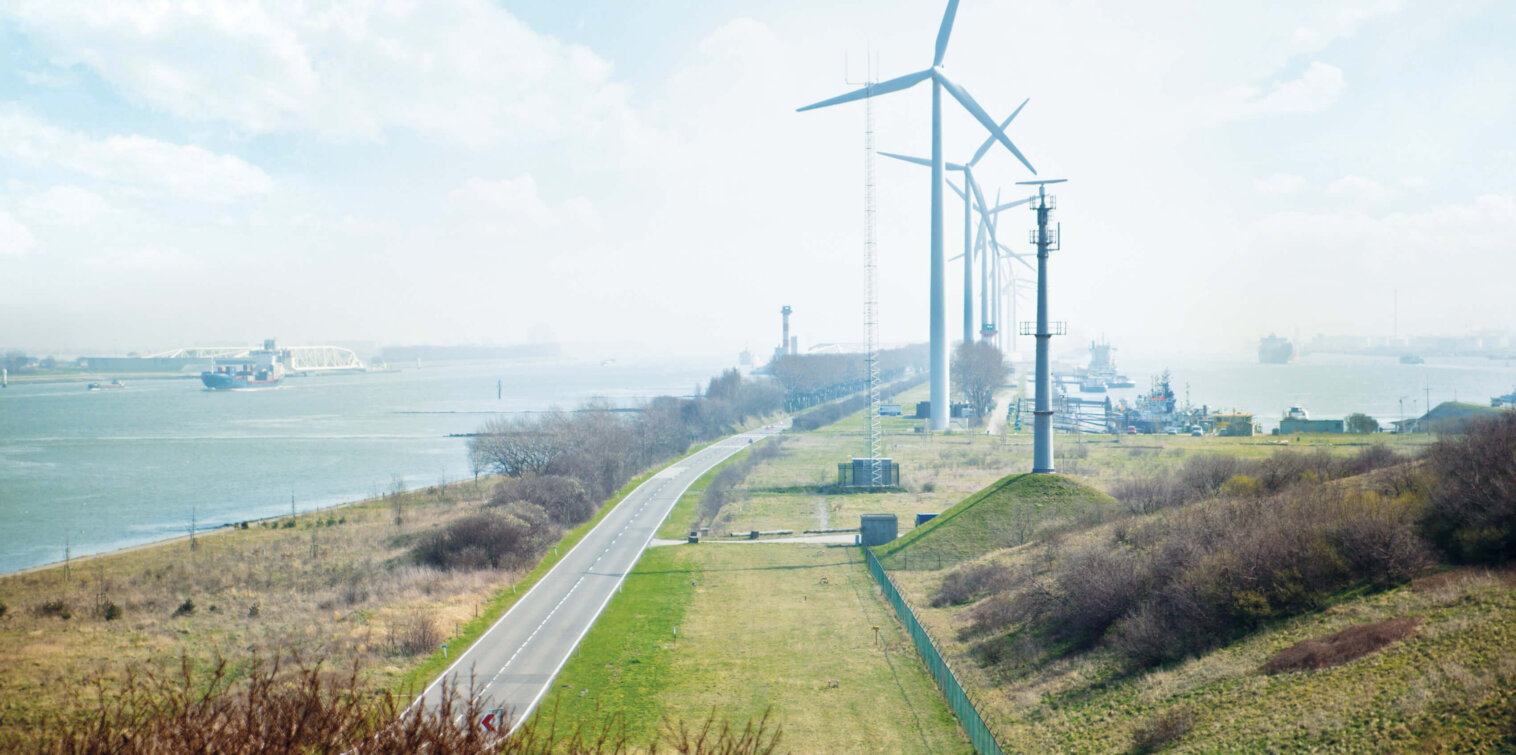Learn more about Rotterdam the European hydrogen hub.
Lieuwe continues: “Sustainability and social considerations also seem to play an increasingly important role in educational and career choices.” According to him, greening therefore contributes to the motivation to (continue to) live and work in the region.
“Given the size and economic value of the regional ecosystem, investing in the energy transition of the Rotterdam energy industrial complex is therefore actually also an investment in the national economy and the creation of social added value.”
This includes promising projects that arise from the close cooperation within the hydrogen innovation ecosystem,which focuses on the development of high-quality technology and unique infrastructure.
Within this system, there is a primary role for the business community. The public side is mainly supportive. There really is a broad cooperation between all players and sectors. Creating social added value is the common denominator.
Challenges
The realization of a large-scale transition is, however, accompanied by some challenges. For example, a successful import chain requires a sufficient supply of sustainable energy from countries with a surplus in its production.
Think of green hydrogen that is produced on the basis of wind, solar or water energy. According to Lieuwe, there are a number of bigger challenges to be found closer to home. “It would help, for example, if the tendering of locations for offshore wind farms is speeded up. A higher level of ambition is really needed to prevent the Netherlands from missing the boat.”
He continues: “In addition, we are pleased with the support for hydrogen from electrolysis announced by the Ministry of Economic Affairs and Climate. Nevertheless, unfortunately, this is not enough for our plans.” Thanks for staying up to date with Hydrogen Central.
“We want to make investment decisions this year for electrolysers on an industrial scale. In order to be able to do this, we really need more clarity about the possibilities in terms of state aid. With adequate financial support, we can realise Rotterdam’s ambitions. And at the same time strengthen our role and position in the development of a robust international hydrogen economy.”
This article was first published in Dutch by the Rotterdam Maritime Capital of Europe network. Translation to English by courtesy of Hydrogen Central.
 Credit: Claire Droppert
Credit: Claire Droppert